Holocaust survivor owes life to forger
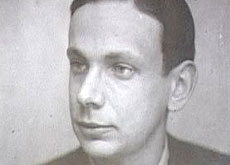
Cioma Schönhaus saved the lives of many fellow Jews in Nazi Germany by forging their identity papers. In 1943 he fled to Switzerland.
Among those who owe their life to Schönhaus are Ernst Ludwig Ehrlich, a former professor of Jewish history and literature at Bern University. swissinfo spoke to Ehrlich about his escape from Germany.
Ehrlich is now retired, and lives with his wife in a modest apartment in the border town of Riehen near Basel.
The story of Schönhaus’s actions is detailed in his autobiography, The Passport Forger, which is published by Germany’s Fischer Verlag.
swissinfo: What was it like for you, as a Jewish person living in wartime Berlin – were you afraid?
Ernst Ludwig Ehrlich: I never really felt in danger. I had false identity papers, so nobody knew I was Jewish.
On February 28, 1943, when Jews were rounded up from their factory jobs and taken to deportation centres, I was on certified sick leave, so I escaped.
But they got my mother. She was deported to Auschwitz and I never saw her again. By the time the Gestapo came to my house to take me away, I had gone into hiding.
swissinfo: How did you survive?
E.L.E.: Between March and June 1943, when I left Berlin, I only had one difficult week. For most of that period, I was hiding in the home of a childless German couple.
swissinfo: How did you acquire the false documents that allowed you to escape?
E.L.E.: Through Dr Franz Kaufmann at the Confessional Church. Dr Kaufmann asked Cioma Schönhaus to paint in the official stamps, but we didn’t have any direct contact with Cioma, whom I knew already through a common friend.
The papers allowed my friend and me to pose as factory inspectors, on our way to visit a large aluminium plant in Singen, near the Swiss border. During the journey, we were asked to show our documents twice, and the police swallowed the story.
When we reached the border, we waited until it was dark. The moon was very bright that night so we had to wait for a cloud to cover it, before crossing over to the Swiss side. We were intercepted by a border guard, who put us in a cell.
swissinfo: In 1942 Switzerland decreed that Jews fleeing the Nazis were to be returned home. Weren’t you afraid of being sent back?
E.L.E.: There was a tragic period in 1942 when Jews were returned to France. But by June 1943, it was clear that Germany had lost the war and there was no longer a danger of masses of refugees crossing the border.
I knew from Swiss newspapers that this was no longer a major problem for the government. In any case, hardly any Jews came from Germany.
swissinfo: What kind of reception did you get from the Swiss?
E.L.E.: Rather mixed. I spent three months in a labour camp, then won a scholarship to Basel University. Every year the immigration police asked when I was going to leave. I told them I had to finish my studies first.
Then in 1950, when I applied for a permanent residence permit, the Labour Office refused, but the immigration police agreed to let me stay.
swissinfo: What was the secret of your survival?
E.L.E.: It is a question of personality. I decided to survive.
swissinfo: So did the Holocaust victims decide not to survive?
E.L.E.: Most people did not believe the stories about extermination. Many of them were simply too obedient, they did what they were told.
Others could not imagine finding a way of going underground, finding people to help them survive illegally with no fixed address, no identity papers.
swissinfo: What do you think of Cioma Schönhaus’s book, The Passport Forger?
E.L.E.: It is a very important book. He is very good at describing the atmosphere in Berlin at the time, the feelings of the protagonists, and all of this without any bitterness.
He’s very factual, not judgmental.
swissinfo: Have you come to terms with what happened to you?
E.L.E.: It’s a piece of my history, my own biography. I don’t view it as a victim, but as a historian.
swissinfo-interview: Julie Hunt in Riehen
Dr Ehrlich has written a number of celebrated works on Jewish history.
He won the 2004 Bishop Hemmerle Prize for his services to Jewish-Christian dialogue.
The man who supplied his escape papers, Dr Franz Kaufmann, was arrested and executed in 1944.
Ernst Ehrlich escaped from Nazi-controlled Berlin in 1943 with a forged passport, provided by graphic artist and fellow Jew, Cioma Schönhaus.
Ehrlich fled to Switzerland, where he taught Jewish history and literature at Bern University.

In compliance with the JTI standards
More: SWI swissinfo.ch certified by the Journalism Trust Initiative
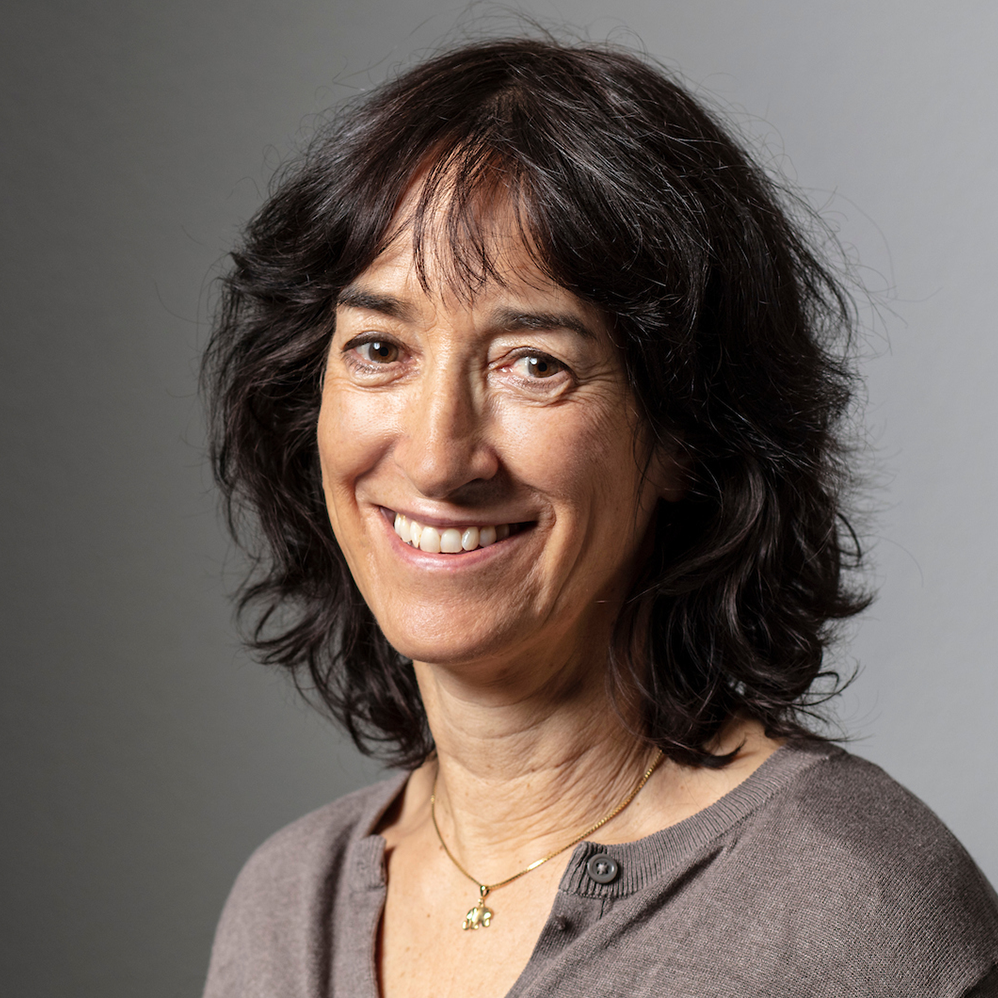
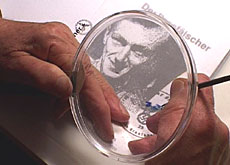
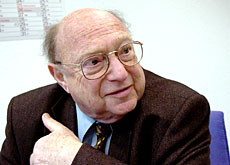
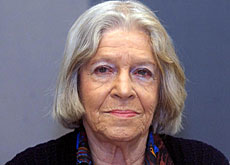
You can find an overview of ongoing debates with our journalists here . Please join us!
If you want to start a conversation about a topic raised in this article or want to report factual errors, email us at english@swissinfo.ch.